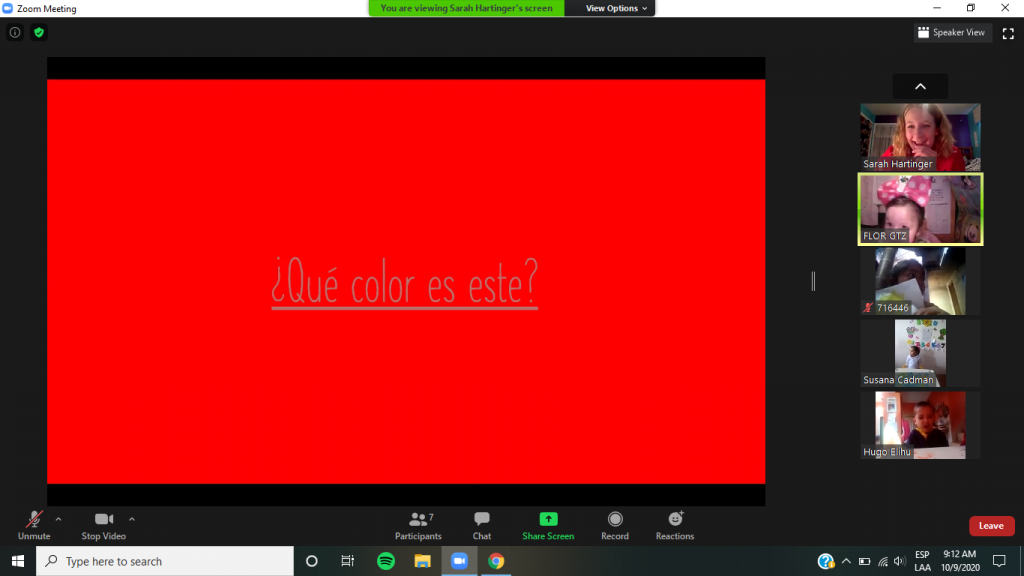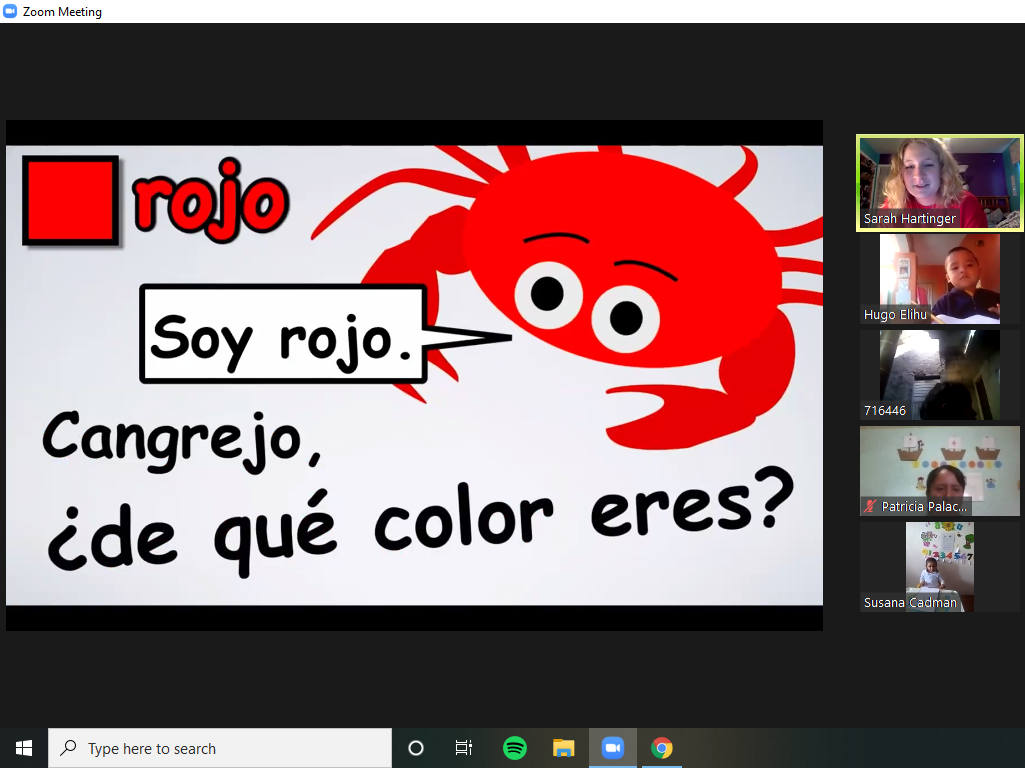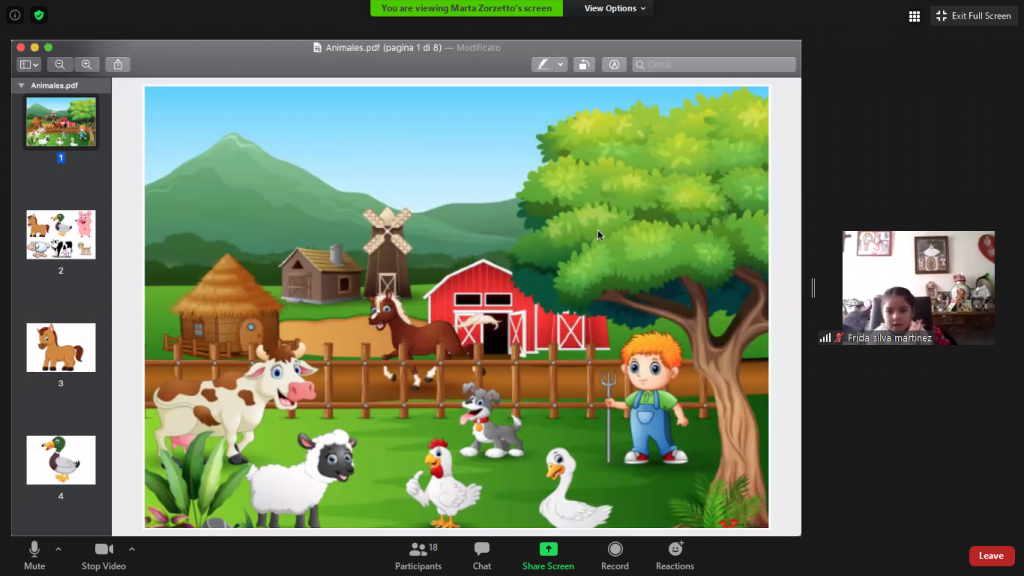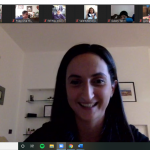¡Virtual Volunteering!
This year CILA has had the opportunity to get creative with their volunteers. Amid travel restrictions and health protocols CILA has lost out on their international volunteer program. We interviewed our Development Director, Rachel (known as Rachey or Raquelita with the staff and kids at CILA) to see what has been and what can be done virtually.
Q: What has been difficult during COVID19?
A: We have had a difficult time turning away our volunteers – or telling them our program has been suspended. Even though we do not have in person volunteers’ people are still reaching out telling us that they are interested in working together.
Q: What can volunteers do if they can’t travel or be present at CILA?
A: Since we have switched from in-person classes to distance learning we have gotten the possibility of providing English classes to our preschoolers. We are lucky to have six volunteers interested in giving English classes this semester.
Q: Who is volunteering and how did they find out about giving English classes?
A: We have 5 students from Elizabeth Town College and an international volunteer through Casa Ayni. The students from Elizabeth Town had originally planned to come to CILA this fall but because of COVID we worked with their coordinator to see what else they could do. Casa Ayni has been in close contact with us to see what individuals can do online instead of coming here. With these volunteers in mind, Paty stressed the need for English classes to help our students with better pronunciation and the volunteers jumped at the offer to give hour-long English classes once a week.
We started the classes last week and our students couldn’t be more excited! We watched them learn about farm animals, colors, and different shapes. Our students were eager to learn and meet the new teachers. It was so much fun to see them have fun.


Q: What other opportunities are there for volunteers if online is not something feasible?
A: At CILA we are adapting as quickly as possible to distance learning, daycare suspension and providing our families the food or cleaning materials they need while they help teach their kids. The best thing people can do right now would be to sponsor a child – we have a great program that matches you with one of our students and you get quarterly updates about how they’re doing throughout the school year. It’s a great way to stay connected and help kids get a head start in preschool.
Q: Where can we find out more about the Sponsorship Program?!
A: Everything you need to know is on our website or they can reach out directly to me and I can send some student profiles to select their sponsored child. We have over 60 students sponsored right now and we are trying to get everyone sponsored by the end of the school year – so hurry!
Q: Anything else volunteers should know if they’re interested in helping CILA?
A: We are looking forward to the end of this pandemic so we can start seeing everyone again. If you are interested in volunteering with us, reach out to me and let me know the dates you are thinking. We are hoping to open everything up in January 2021 – following guidance from the Ministry of Health and the Ministry of Education of course. We hope to see you all soon!

ICYMI:
Our teachers have engaged in continual training, specifically designed to help with the transition to online learning. They are in regular contact with the parents to provide advice and guidance so that our students can achieve expectations in learning despite the challenges in studying from home.
Teachers work five days a week preparing lessons and 3 days a week conducting online classes focusing on basic education, English, sustainability, culture of peace and conflict transformation. Students connect to their online classes via zoom using family computers, smart phones, or tablets if they have them. Students who do not have internet are provided handouts and homework assignments to turn in at the end of each week. Using this hybrid method, we are reaching all our students regardless of internet access proving that our educational program continues to prepare children to become successful students and future leaders in their communities. Our graduates continue to score above average on standardized tests and have higher averages in primary and secondary school than all other students in San Miguel and in the State of Guanajuato.
Each month our most at-risk families receive dispensas (groceries) with the help from Feed the Hungry San Miguel and additional non-perishable can items provided by our program. This way we are still guaranteeing the nutrition our families need and the support parents have since they must stay home to help educate their children.

